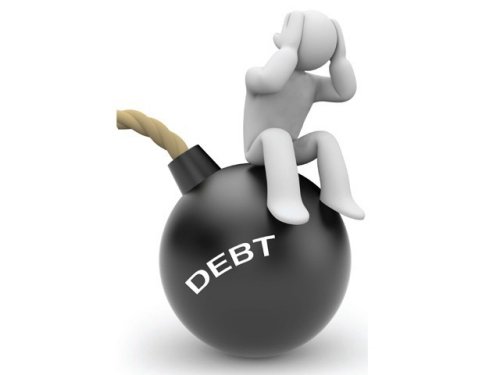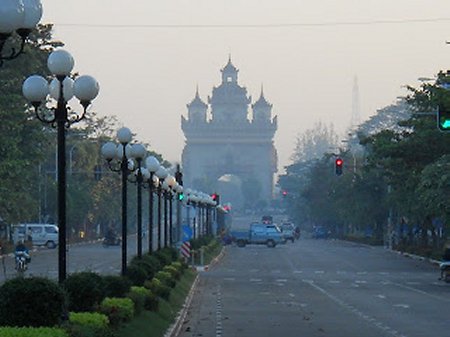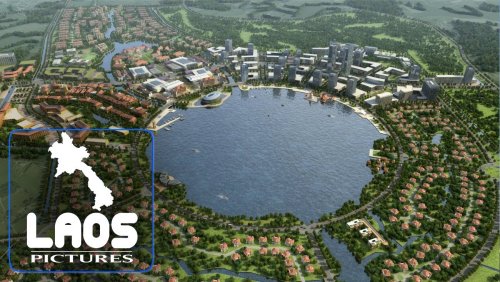Govt Working To Manage The Country’s Debts
The government is committed to imposing measures and mechanisms to manage the country’s debts while exploring new sources of revenue and reducing loans for unnecessary expenditure.
Lao Minister of Finance Phouphet Khamphounvong was responding to questions raised by National Assembly members regarding the country’s rising debts during the ongoing session last week.
The NA members were concerned that the government’s debts owed to privately-funded state investment projects could lead to economic problems in the future, thereby urging the government to impose mechanisms to address the issue.
Mr Phouphet responded that the government was aware of the issue but agreed that it was important to allocate debt payment each year while limiting the creation of new debts owed to privately funded state investment projects in order to stabilise the financial system.
He reaffirmed that the government will try to keep the debt levels at less than 40 percent of GDP, while the value of debt payment should not more than 20 percent of the value of exports and domestic revenue.
However, the minister stressed that public debt is necessary for every country in the world to boost development, particularly least developed countries. These countries have low revenue but have a high demand for development so debt is unavoidable.
He said that currently the government debt is only 29.8 percent of GDP which is considered manageable.
Last year, the government began to use bonds to pay off debts to construction contractors. The total value of the two-to-three year bonds which the government has issued to construction contractors is now around 4,421 billion kip.
In addition, the government will promote savings habits and cut unnecessary expenditure, particularly administrative expenditure. This will not only enable it to pay off debt but also the hike in salaries of state employees next year.
Mr Phouphet said the government will effectively formulate plans for expenditure, ensuring that the budget deficit does not exceed 5 percent of GDP.
The government will not allow new projects without clear sources of funding while limiting financial leaks in the investment sector, he said.
The Lao economy has seen continued to see growth at an average of 8.2 percent annually since the introduction of the current five-year development plan in 2011.
The National Assembly has approved in principle the budget plan for the next fiscal year, setting revenue collection of at least 25,047 billion kip, which represents 27.63 percent of GDP. Of the total, 20,017 billion kip or 22.08 percent of GDP will be collected from domestic revenue sources.
Meanwhile the budget expenditure should not exceed 29,580 billion kip or 32.63 percent of GDP. If realised, that means Laos will witness a budget deficit of 4,533 billion kip or 5 percent of GDP.
published with the permission of Vientiane Times



